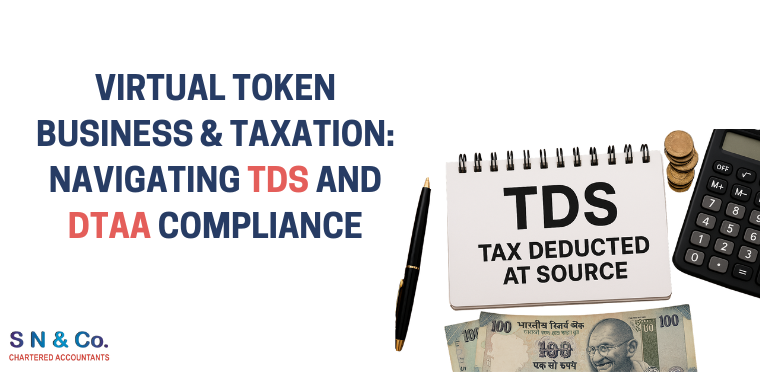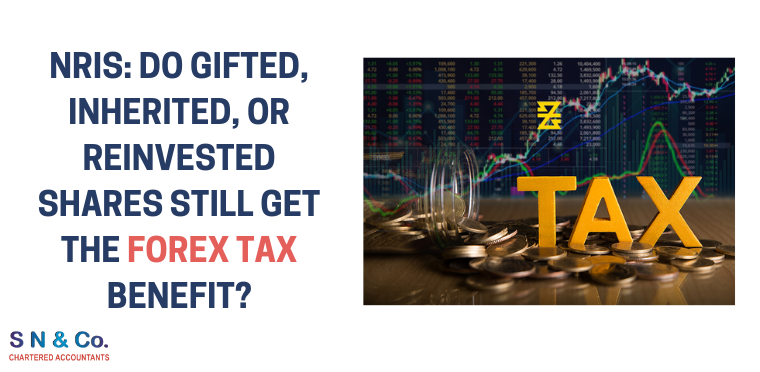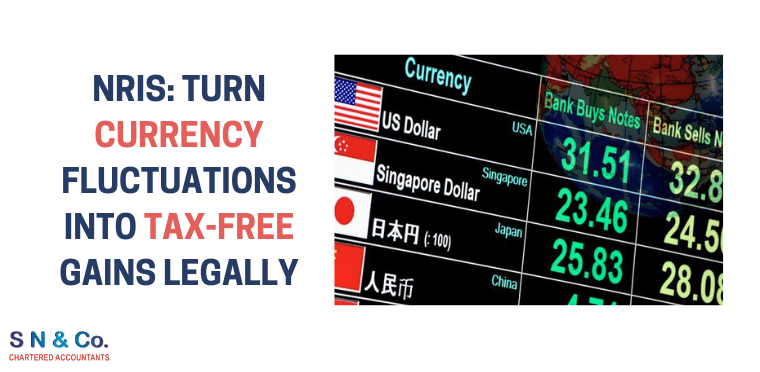Facts of the Case
The assessee is a GST-registered proprietary concern and a resident of India, engaged in the resale of virtual tokens. These tokens are purchased from Tangome INC (USA) and resold to individual buyers within the Tango App, where they hold value exclusively.
- Past Transactions (Till Dec 2024): Purchases were made from Tango India, with applicable GST and TDS under Section 194Q.
- Current Scenario: The assessee now purchases directly from Tangome INC (USA) via banking channels, and the bank requires Form 15CA & 15CB.
- Key Query: Is TDS applicable on payments to Tangome INC (USA)? If so, at what rate?
1. Taxability Under Section 9(1)(i) – Business Connection and SEP
As per Section 9(1)(i) of the Income Tax Act, a non-resident’s income is taxable in India if:
- There exists a business connection in India
- The non-resident has a Significant Economic Presence (SEP) in India
The Finance Act, 2021 expanded the definition of SEP, making a non-resident taxable in India if:
- Revenue from Indian users exceeds the prescribed threshold (assumed threshold met in this case).
- The non-resident solicits business or interacts with a significant number of users in India.
Application to Tangome INC (USA):
- Tangome INC generates revenue from Indian users through the Tango App.
- The Tango App enables continuous engagement with Indian users, facilitating transactions in virtual tokens.
- The economic activity occurs in India as Indian users purchase tokens and transfer them within the app.
- Given that Tangome INC meets the SEP criteria, its income is considered taxable in India under Section 9(1)(i).
Conclusion: Since SEP is established, Tangome INC (USA)’s business income is taxable in India.
2. Taxability Under India-USA DTAA – Does SEP Create a Permanent Establishment (PE)?
The India-USA DTAA primarily taxes business income under Article 7, which states that:
- Business income of a non-resident is taxable in India only if there is a Permanent Establishment (PE) in India.
- SEP is not the same as a PE under DTAA, meaning SEP alone does not automatically create a tax liability under Article 7.
- Tangome INC (USA) has provided a No PE declaration and Tax Residency Certificate (TRC).
Key Considerations:
- Since Tangome INC does not have a physical office, employees, or dependent agents in India, there is no PE under DTAA standards.
- As per the India-USA DTAA, business income is taxable in India only if there is a PE.
- Despite SEP, Tangome INC does not have a PE, and thus, business income is not taxable in India under Article 7 of DTAA.
Final Conclusion: As per DTAA, the concept of Permanent Establishment (PE) is crucial. Therefore, the PE definition in the DTAA must be read in conjunction with the Multilateral Treaty to determine its applicability.
DISCLAIMER
This analysis is based on current tax laws and judicial interpretations. Tax laws are subject to change, which may impact the conclusions drawn. If any facts change, this opinion may no longer be valid. We recommend seeking updated legal guidance for future transactions.
For further queries, please contact us.






